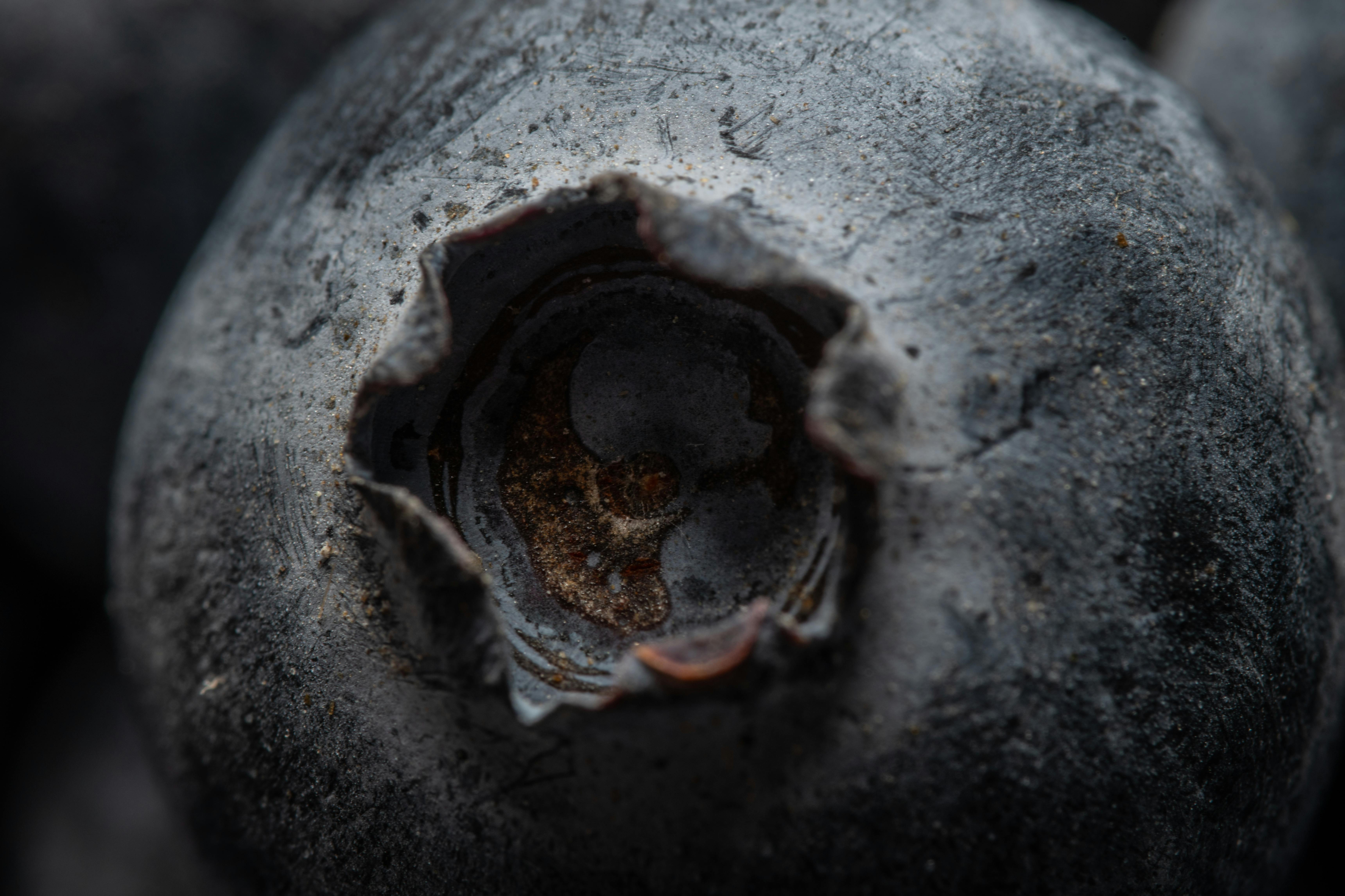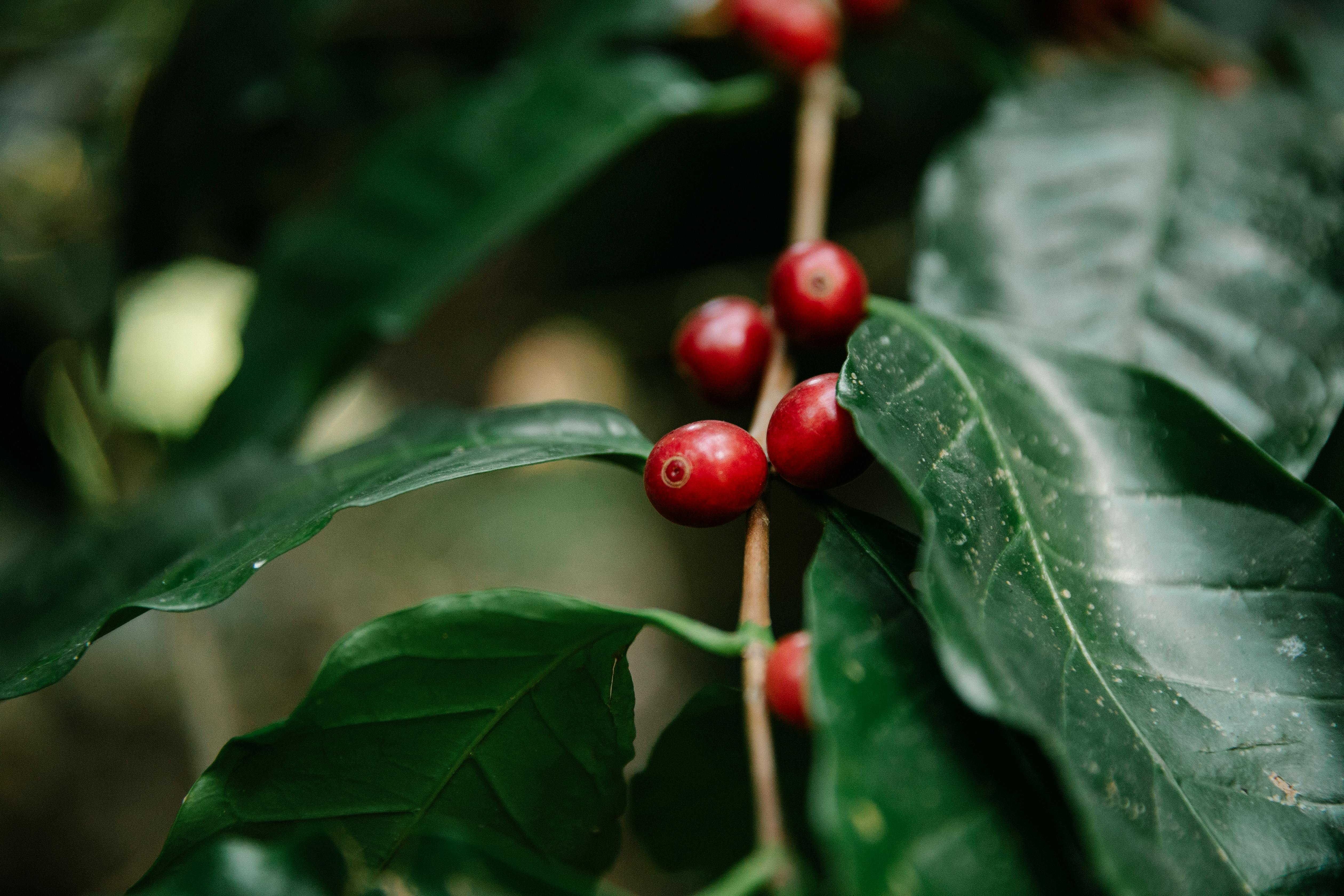If you have a blueberry bush in your garden, you may be wondering why it is not producing fruit. While there are many potential causes of this issue, the most likely reasons are lack of adequate water and nutrition, too much shade, disease or pests. In this article, we will discuss the various factors that can affect your blueberry bush’s ability to produce fruit and how to address them.1. Not enough sunlight – Blueberry bushes need at least six hours of direct sunlight per day to produce fruit. If your bush is in a shady area or does not get enough sun, it may not produce fruit.
2. Lack of nutrients – Blueberry bushes require plenty of nitrogen, phosphorus, and potassium to produce fruit. If the soil does not contain adequate levels of these nutrients, the bush may not be able to produce fruit.
3. Too much water – Overwatering can cause blueberry bushes to become stressed and not produce fruit. Make sure you are providing enough water but not too much for your bush.
4. Pest or disease infestation – Pests and diseases can damage blueberry bushes and prevent them from producing fruit. Check for signs of pests or diseases such as wilting leaves or discolored fruits and take action if necessary.
5. Too little pruning – Pruning helps keep blueberry bushes healthy and encourages new growth that can lead to more fruits being produced. If you have neglected to prune your bush recently, it may not be producing as many fruits as it could be.
Low Soil Nutrients
One of the most common causes of low blueberry fruit production is low soil nutrients. Plants need specific levels of nitrogen, phosphorus, and potassium in order to produce healthy fruit. If the soil does not have enough of these essential nutrients, the plants may struggle to produce an abundant crop. Additionally, a lack of other important nutrients such as magnesium and calcium can also lead to poor fruit production.
Soil pH Imbalance
Blueberries require a soil pH between 4.5 and 5.5 for optimal growth and production. If the pH is too high or low, it can limit the plant’s ability to absorb nutrients from the soil which can lead to decreased fruit production. Additionally, soils that are too acidic or alkaline can be toxic to blueberry plants and cause stunted growth and poor production.
Insect Damage
Insects such as aphids, thrips, and caterpillars can damage blueberry plants by sucking out plant juices or feeding on foliage or flowers. This damage can reduce flower production which results in fewer berries being produced. Additionally, some insects such as Japanese beetles can feed on developing fruits causing them to become misshapen or discolored.
Disease
Blueberries are susceptible to a variety of diseases such as root rot, leaf spot, and crown gall which can all reduce fruit production. These diseases are usually caused by fungal pathogens which thrive in moist environments with minimal air circulation. Proper spacing between plants and maintaining adequate levels of soil moisture will help prevent these diseases from occurring.
Climate Conditions
Blueberries need specific climate conditions in order for them to thrive and produce an abundant crop. Too much rain or too little sun can both lead to reduced flowering which means fewer berries produced at harvest time. Additionally, extreme cold temperatures during flowering season can damage buds resulting in decreased crop yields later in the season.
How to Amend Soil for Better Fruiting in Blueberry Bushes
Adding amendments to the soil of blueberry bushes can greatly improve the plant’s ability to bear fruit. By amending the soil, you increase its fertility and help your blueberry bushes absorb nutrients more easily. Here is a step-by-step guide on how you can amend your soil for better fruiting in blueberry bushes.
The first step is to test the soil for its pH level. You can buy a soil testing kit at your local garden supply store or borrow one from your local extension office. The ideal pH level for blueberries is between 4.5 and 5.5, so if your soil is too acidic or alkaline, you will need to add amendments that will help bring it back into balance.
Once you have determined the pH of the soil, you can start adding organic matter such as compost or aged manure. These amendments will help improve drainage and add nutrients to the soil which will help your blueberry bushes produce more fruit. You should spread a 2-4 inch layer of organic matter over the entire area where you want to plant your blueberries and then till it into the top 6 inches of soil.
Finally, you should add a slow-release fertilizer to ensure that your blueberry bushes get all of the necessary nutrients throughout their growing season. Choose a fertilizer specifically formulated for blueberries and follow all package directions carefully when applying it to your plants.
By following these steps, you should be able to amend your soil and ensure that it is optimal for fruiting in blueberry bushes. With proper care and maintenance, you can expect great results from your plants as they produce delicious berries year after year!

Watering Requirements for Fruit-Producing Blueberry Bushes
Fruit-producing blueberry bushes require a consistent supply of water for optimal production. The amount of water needed varies depending on the type of soil and the climate in which they are growing. In general, blueberry bushes should be watered deeply and infrequently. For sandy soil, watering 2-3 times a week may be necessary, while for clay soils, once a week may be sufficient. It is important to ensure that the soil is kept evenly moist without becoming soggy or dry. Watering should take place early in the morning so that the foliage has time to dry before nightfall.
In addition to consistent watering, it is important to establish a regular fertilization schedule for fruit-producing blueberry bushes. Fertilizers should contain nitrogen, phosphorus, and potassium in order to promote healthy growth and larger fruit production. Blueberries respond best when fertilizers are applied throughout the growing season (from spring through fall). Applying fertilizer too late in the season can result in reduced fruit production and an increase in disease susceptibility.
Finally, it is important to mulch around your fruit-producing blueberry bushes. Mulch helps retain moisture around the plants and also helps control weeds. A 2-3 inch layer of mulch is recommended for optimal results. Make sure that you keep a few inches between the mulch and the base of your blueberry bush so as not to encourage rot or disease problems.
Fertilizer Needs of Fruiting Blueberry Bushes
Blueberry bushes require specific fertilizer needs to produce the best fruit. It is important to understand the particular needs of your blueberry bush in order to maximize its potential and produce a good crop. The most important step is to ensure that the soil pH level is between 4.5 and 5.5, as this is the range most suitable for fruiting blueberry bushes. A soil test can provide helpful information about your soil’s pH level and nutrient levels, allowing you to adjust accordingly.
Once you know the current state of your soil, it is then important to fertilize your blueberry bushes regularly throughout the growing season. The best type of fertilizer for blueberries contains an equal amount of nitrogen, phosphorus, and potassium (N-P-K), such as a 10-10-10 or 12-12-12 fertilizer, applied at a rate of 1 pound per 100 square feet four times throughout the growing season. If using a granular fertilizer, it should be spread evenly over the entire root zone and lightly incorporated into the soil.
It is also beneficial to add organic matter such as compost or aged manure each year prior to planting or fertilizing, as this helps improve soil fertility and drainage while also providing trace minerals that are essential for healthy plant growth. Finally, avoid over-fertilizing blueberries as this can lead to excessive vegetative growth and reduced fruit production. With proper care and attention, your blueberry bushes will produce delicious fruit for many years to come!
Pruning Tips for Increasing Fruit Production in a Blueberry Bush
Pruning is an important step in maintaining blueberry bushes and ensuring good fruit production. To prune your blueberry bush, you should first remove any weak, dead or diseased branches. After removing these branches, it is important to thin out the bush by removing any overcrowded, crossed over or excessively long branches. This will improve air circulation and light penetration which will help promote strong growth and fruiting.
Additionally, pruning your blueberry bush can help increase fruit production by encouraging more flowers and larger berries. To do this, you should make sure to remove any non-fruiting shoots that are growing from the base of the plant. This will help direct energy into producing more berries rather than producing foliage.
When pruning your blueberry bush, it is important to use sharp pruning shears and make clean cuts close to the bud without leaving a stub. Also, it is best to prune in late winter when the plant is dormant; however if you are trying to limit its size for the current season, then it can be done in early summer as well.
Lastly, if your plant has not been producing enough fruit or has become unruly overgrowth, it may be time for more extensive pruning such as rejuvenation pruning. Rejuvenation pruning requires cutting back all of the current year’s growth down to about 6 inches above ground level in order to stimulate vigorous new growth for increased berry production in the next season.

Conclusion
Fruiting blueberries require several specific conditions in order to produce fruit, such as full sun, well-drained soil, and adequate moisture. If any of these conditions are lacking, the plant may not flower or set fruit. Additionally, a lack of pollination can prevent blueberries from producing fruit. To ensure that your blueberry bush is producing the most fruit possible, it is important to provide all of the necessary environmental conditions and ensure that there is adequate pollination. With the right care and attention, you should be able to enjoy plenty of delicious blueberries from your bush in no time!
Ultimately, if your blueberry bush isn’t producing fruit, it could be due to a variety of conditions that are not being met. By closely examining your plant’s environment and adjusting accordingly, you should be able to identify any issues preventing your blueberry bush from fruiting and rectify them in order to achieve a successful harvest.



